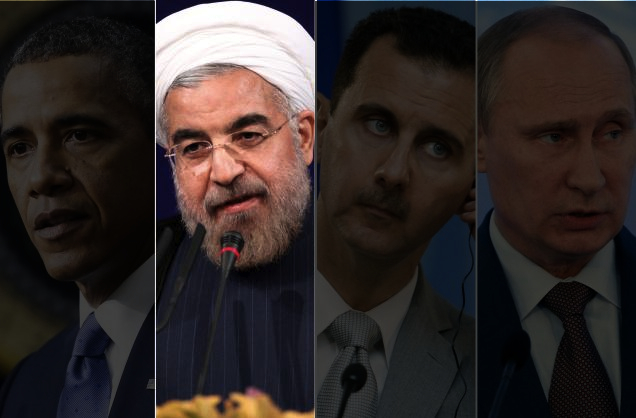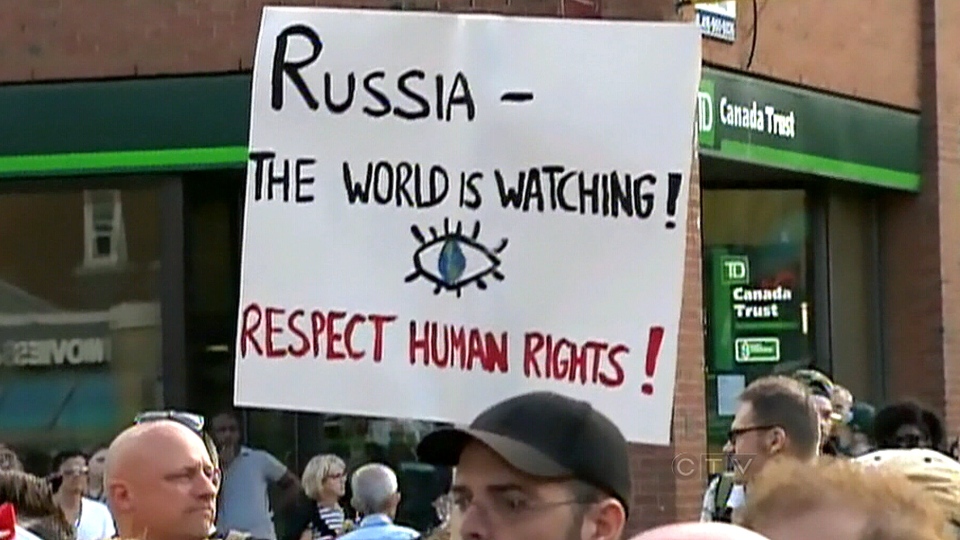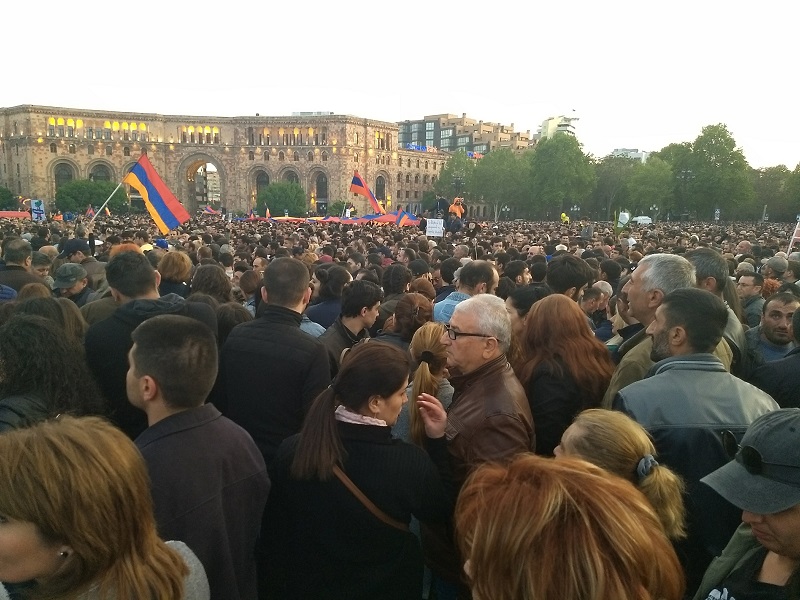Despite the progress made by President Rouhani of Iran in recent months towards integrating Iran back into the international system, at the end of his meeting at the United Nations at the end of September, there was a noticeable failure to orchestrate a handshake between presidents Rouhani and Obama, which came to serve as indication of the hitches that the US and Iran still face in trying to sustain this warming of relations.
Some weeks later however, this changed. In a rather surprise move, Rouhani made a groundbreaking call to the White House to speak with President Obama to discuss ongoing efforts regarding Iran’s nuclear programme. The phone call was the first of its kind since the 1979 Islamic revolution desposed the Western-backed Shah.
The pace of change in Iranian diplomacy remains remarkable. However, given the turbulent history of their relations, the US and other Western governments are expected to remain cautious of Rouhani’s gambit. Many remain skeptical about Rouhani’s underlying intentions, casting uncertainty on the odds for any immediate diplomatic breakthroughs.
Domestic Calculations
Despite reaffirming that his administration would not tolerate Iran’s development of nuclear weapons, President Obama appears keen to pursue an opportunity for a major foreign policy achievement, saying the “political change” that transpired in Iran was “a new opportunity to make progress.”
Obama is simultaneously making an attempt to pacify US conservatives who see any outreach to Iran as weakness. This has been seen with a handful of Republican US senators writing to the president prior to his UN speech expressing concern that he might contemplate offering a concession that would allow Iran to preserve part of its nuclear-weapons programme.
[captionpix align=”right” theme=”elegant” width=”300″ imgsrc=”http://natoassociation.ca/wp-content/uploads/2013/10/NetanyahuUN.jpg” captiontext=”Netanyahu visually displays his skepticism of Iranian intentions at the UN”]
While Obama has generally welcomed signs of a “more moderate course” by Iran, Canada on the other hand has not. Instead, Foreign Affairs Minister John Baird called on the UN to continue maintaining pressure on Iran. Canada also intends to push forward a UN resolution denouncing Iran’s human rights record next month and states that it is still awaiting ‘real proof’ that the country is ready to embrace change.
Canada’s rather staunch position and skeptical sentiment echoes that of Israel, which has referred to Rouhani’s UN address as “cynical” and “fully of hypocrisy.” After the address, Prime Minister Benjamin Netanyahu was quick to say the world should not be misled by Rouhani’s “soothing words.” The Israeli leader also said Iran was using this new diplomatic softening as a smokescreen for its continued pursuit for a nuclear bomb, something Tehran denies.
Looking Ahead
The extensive history of perturbed foreign relations and deep-rooted skepticism between Iran and the West is still working against the possibility of a quick rapprochement. Alongside this, although Iran’s parliament has endorsed Rouhani’s diplomatic outreach efforts, a number of hardline conservatives in the country’s political and military spheres fear that the president is going too fast, too soon. According to Iranian media sources, some hardliners allegedly shouted “Death to America” and threw eggs and shoes at Rouhani’s limo upon his arrival back in Iran after his New York trip to express opposition to his communication with Obama.
Despite certain tensions, Rouhani said he saw a “great deal of progress” in “reconstructing” Iran’s international reputation and that he hoped his trip to the US was a “first step” to more constructive relations between the two nations. Whatever the case may be, however, at the end of the day much still rests on Ayatollah Ali Khamenei, Iran’s enigmatic Supreme leader and political referee. He holds ultimate power concerning any changes to Iran’s foreign policy, as well as its commitment to ending the nuclear standoff.
All signs point to a tough road ahead as Iran engages both conspicuously and delicately with the international community. The world is increasingly looking for more concrete deeds and actions from Iran that go beyond the friendly words articulated by Rouhani throughout the previous week. With that said, Tehran and the P5+1 will convene in Geneva in mid-October. It will be there that continued discussions on resolving the impasse on its atomic programme and perhaps prescribing a relief from the crippling sanctions currently hurting the country will be taking place, hopefully leading to more positive developments.




